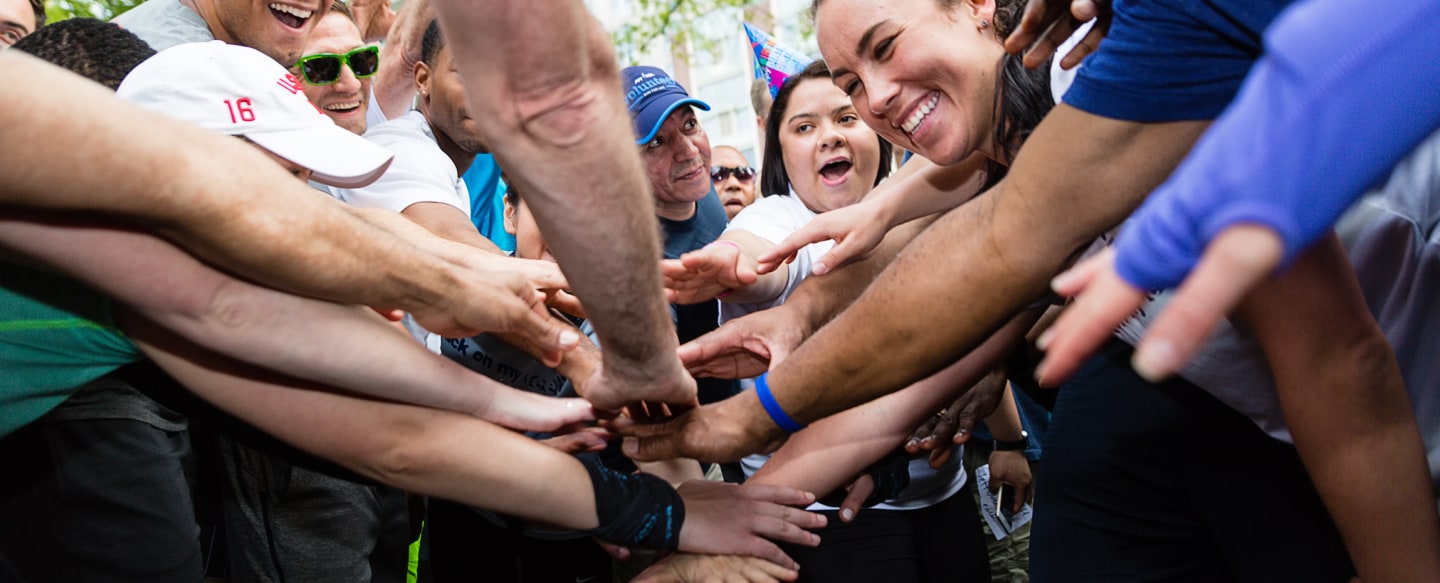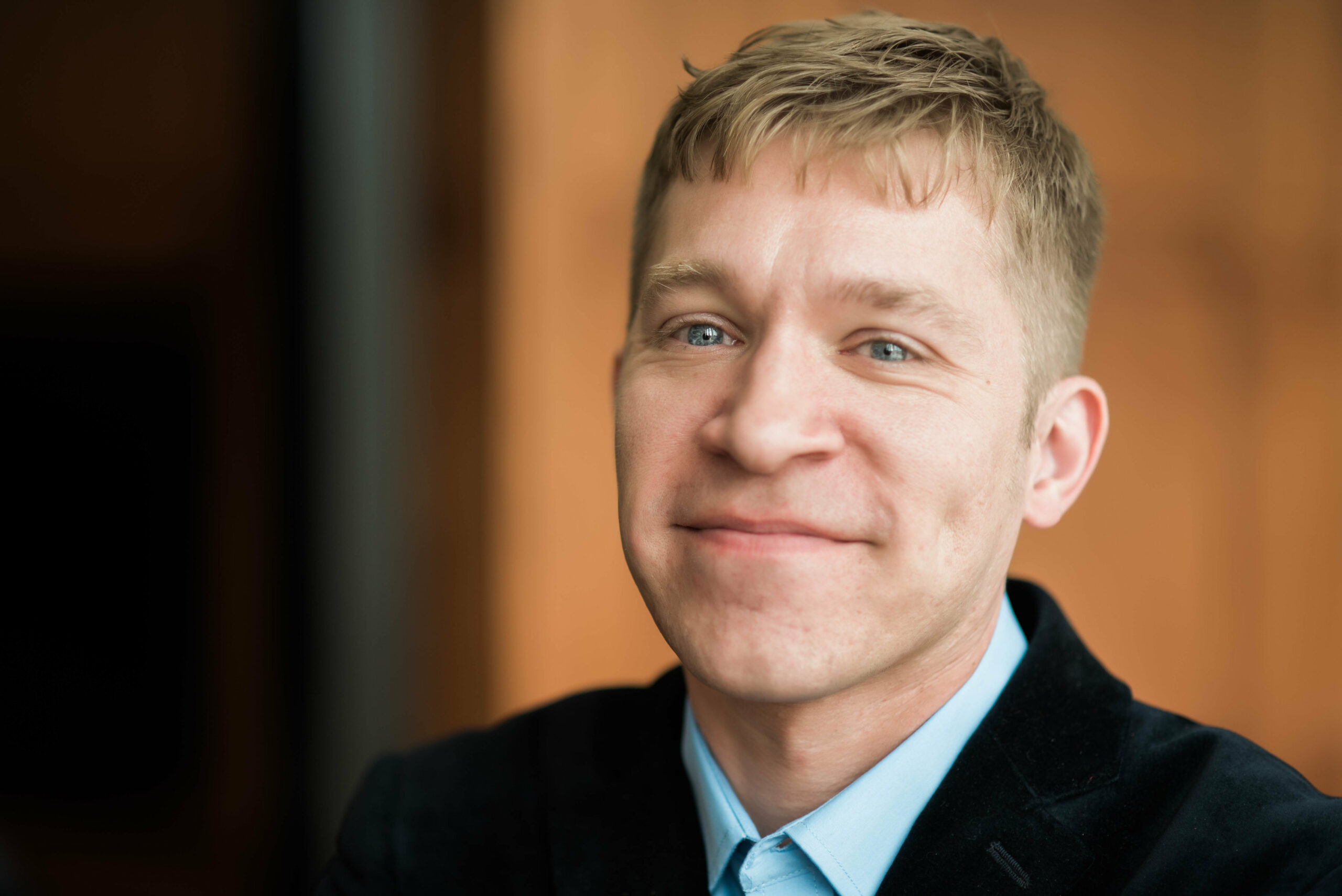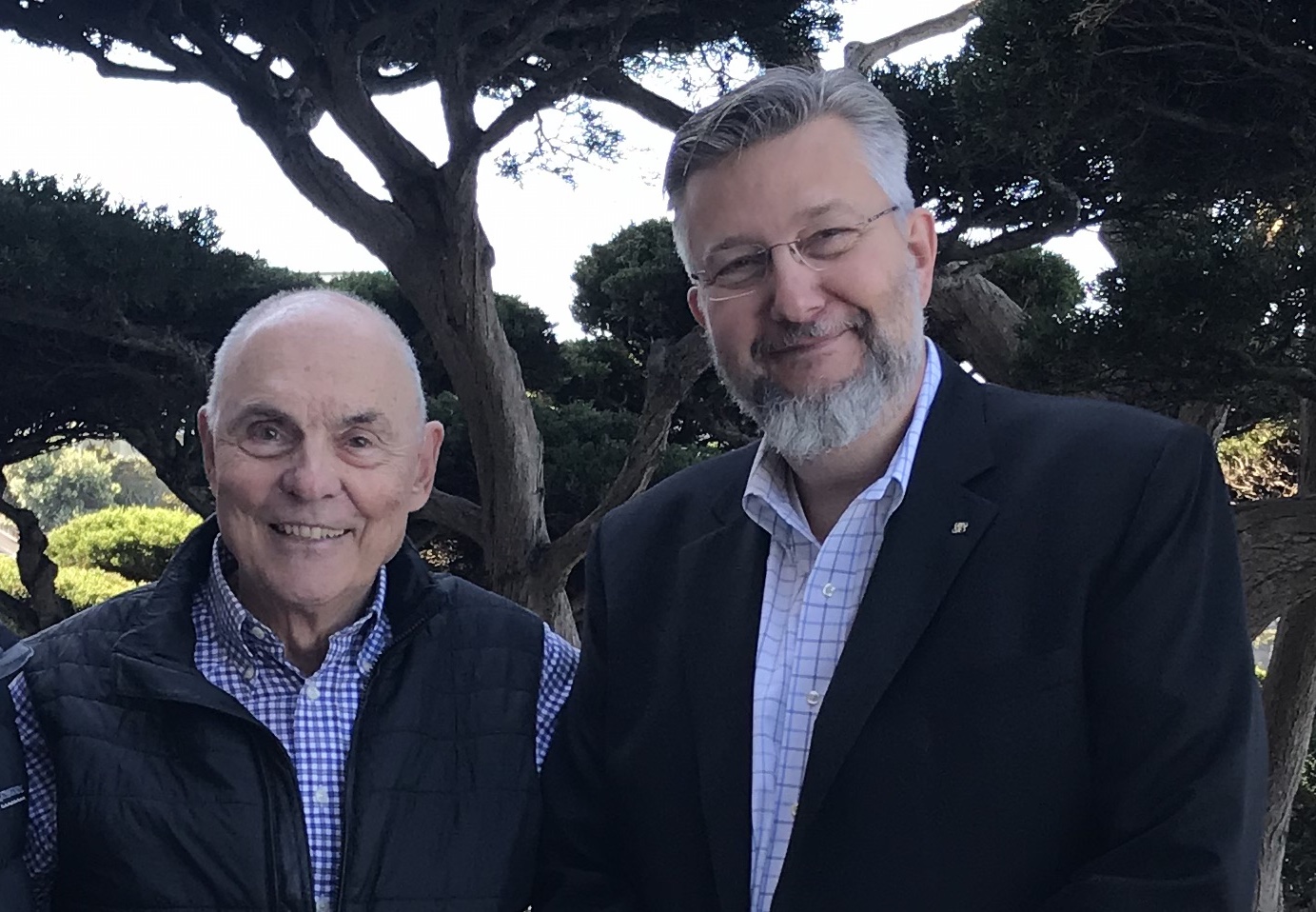Established in 2017 within the Jon M. Huntsman School of Business at Utah State University, the goal of the Center for Growth and Opportunity (CGO) is to explore solutions to today’s most pressing socioeconomic problems.
If that sounds like a bold goal, that’s because it is. As a university-based research center, CGO seeks to channel academic research into practical solutions in technology and innovation, immigration, environmental stewardship, and more. The center is based in Logan, Utah, but its impact has quickly spread across the country during its first few years in operation. “We are focused on tackling today’s toughest questions and training the leaders of tomorrow,” says Christopher Koopman, CGO’s executive director.
CGO works with student scholars and a national network of researchers to develop bold ideas to improve economic growth and improve lives. The center hosts virtual and in-person events across the country toward those same goals.
“We are approaching things in new, innovative, and collaborative ways,” says Marc Morris of CGO. “We’re not necessarily looking for researchers with prestige. We’re just trying to find the best ideas and solutions for the biggest problems today.”
Within its technology and innovation research, CGO strives to recapture the sense of wonder and optimism that are the foundation of history’s greatest discoveries and achievements. The center has focused on issues surrounding high-speed broadband and fiber networks, how portable benefits and universal savings accounts can help gig economy workers achieve stability while enjoying a flexible work environment, and how misinformation on social media impacts voting decisions. CGO conducts a regular poll to assess Americans’ attitudes toward tech companies like Google and Facebook.
Another CGO focus is on immigration, specifically how immigrants play a key role in cultural and economic development. The center asks how the U.S. immigration system could adopt policy solutions that bolster communities, the economy, and immigrants themselves.
CGO’s immigration work has received widespread recognition. For example, when CGO first launched at Utah State in 2017, the Center for American Progress publicly criticized its creation. By 2020, however, the same organization cited CGO research in a report on what immigration reform should look like under the Biden administration.
In its efforts to advance environmental stewardship, CGO seeks to work collaboratively with landowners on how regulations impact them, ensuring that issues are approached with diverse perspectives. For example, CGO scholars published a policy paper in February 2021, Cameras for Conservation, that explores innovative ways to link nonprofits and landowners with the goal of better protecting endangered species.
Another key focus of the center’s work is its student programs. Both undergraduate and graduate students are encouraged to contribute. Student researchers are considered staff, meaning they’re involved in everything from commissioning research to editing and fact checking. Oftentimes, a student will have his or her name as the lead or secondary author on an academic paper.
David Jung is one example of a graduate research fellow. “I joined CGO to challenge my research and writing abilities, make lasting connections, and learn to apply my education to better the surrounding community,” he shares. “I knew that as a research fellow I would have the opportunity to make a lasting impact that not only represented accurate and well-informed findings, but led to meaningful change.”
Similarly, Rachel Idso is an undergraduate research fellow who joined CGO to learn more about policies that impact immigrants and refugees in the United States. “I hope to one day work in an effort that helps refugees or immigrants either at an individual level or an organizational level,” she says. “An opportunity to gain hands-on experience researching current issues and policies about immigration is invaluable.”
CGO has bold goals for the future, even coming out of the COVID-19 pandemic that prompted the center to pivot and even expand many of its programs: For example, instead of 14 planned in-person events in 2020, CGO hosted 25 virtual events.
In spring of 2020, CGO published its first book, The Environmental Optimism of Elinor Ostrom, focused on the work of the first woman awarded the Nobel Memorial Prize in Economic Sciences. CGO plans to ramp up its book-publishing capacity this year with the publication of three additional books on regulation, immigration, and economic growth.
“Our goal in the next five years is to be a trusted resource for academics and policymakers and become an indispensable part of how our toughest challenges are overcome,” says Koopman. “From immigration to the environment to the future of the American worker, CGO stands ready to provide a bold vision for reigniting economic growth and increasing opportunity for everyone.”
The Charles Koch Foundation partners with social entrepreneurs to drive societal progress through academic research and innovations that help all learners realize their potential. Read more about the Foundation’s support for technology and innovation, immigration, and economic opportunity.











